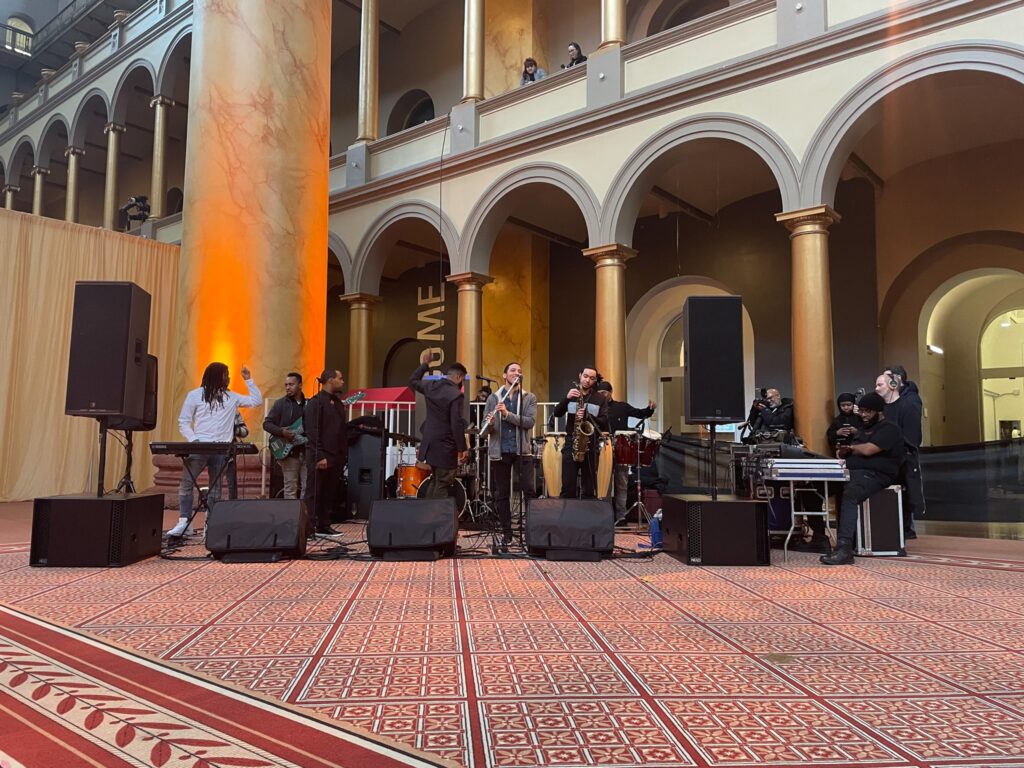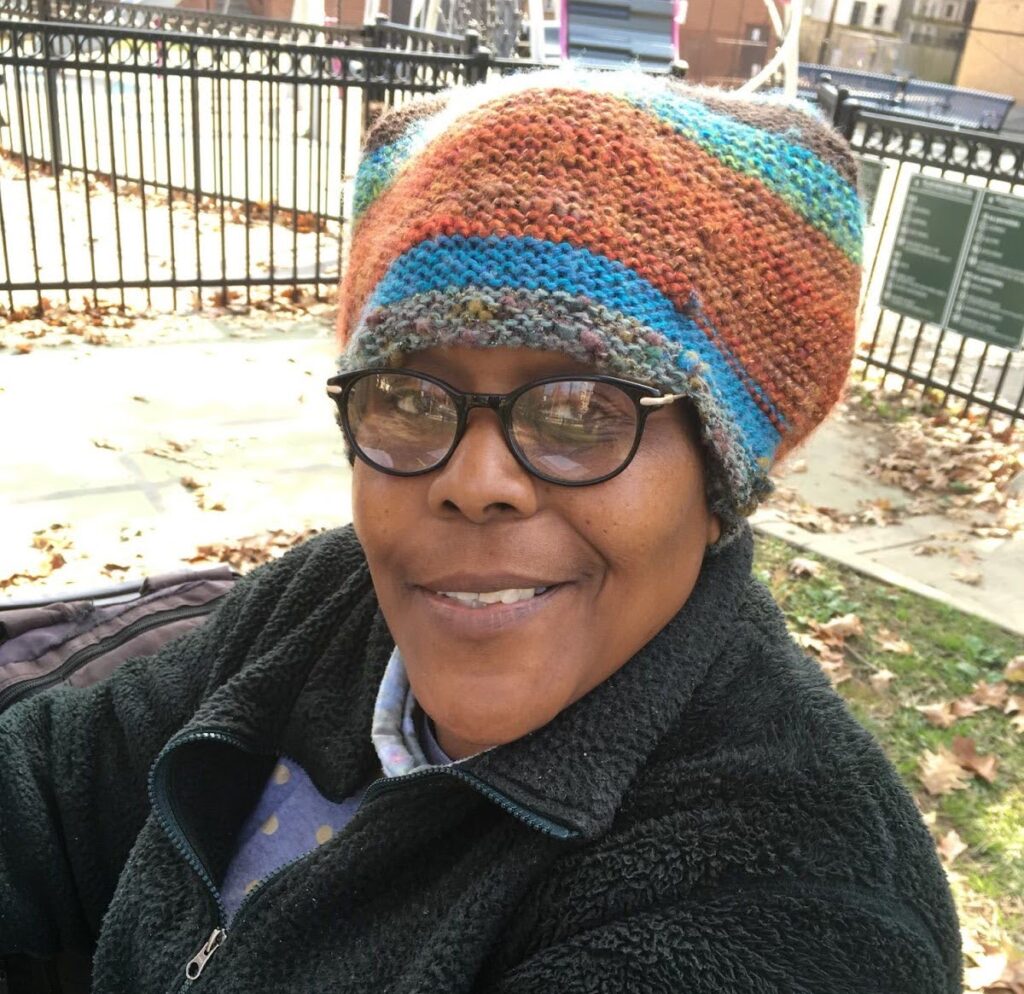Amid the worst affordable housing crisis in history, filmmakers across the country are examining how redlining and gentrification transform the day-to-day life of local communities.
A festival showcasing a series of urban planning films exploring the country’s complicated history with housing inequality stopped at the National Building Museum for the fifth time in late January. The Architecture and Design Film Festival (ADDF) is held annually to showcase films related to urban planning and sustainability. In addition to films, this year’s event also featured numerous photography exhibits as well as a performance by a local go-go group, TOB Band.
Many of the films featured at the event explored subjects such as redlining. For instance, the animated film “Segregated by Design” examined how segregation forced many Black Americans into overcrowded neighborhoods, and excluded them from numerous financial opportunities to accumulate wealth. The film is available for free streaming at segregatedbydesign.com.
Another film, “Committee of Six,” took audiences behind the scenes into the making of community-changing housing policy decisions in the Hyde Park neighborhood surrounding the University of Chicago in 1955. While this film is not yet available for online streaming, it can be seen through ADFF’s online version of the festival.
In an interview with Street Sense Media, Director Fred Schmidt-Arenales described the film’s focus as the efforts of the University of Chicago’s administration “to create a set of invisible walls around the neighborhood.”
Similar forces are still in effect. In the past, private schools such as Georgetown University contributed to gentrification by buying up property in the area surrounding it. According to some critics, other universities are still continuing this practice by displacing local residents when they expand or simply through inviting students to live off-campus, which can inflate the local demand for housing.
The festival closed out with a documentary examining the history of an iconic D.C. neighborhood from local filmmaker Samuel George. “Barry Farm: Community, Land and Justice in Washington DC,” recounted the Barry Farm neighborhood’s cultural history — from when it was a slave plantation, to when it became a community of public housing units. Today, many of Barry Farm’s displaced residents grapple with the neighborhood’s redevelopment and the film showcases a number of interviews with these former residents.
“When we told the story, we didn’t want to just focus on land, we wanted to focus on community,” Director Samuel George said.
‘Sugar’ Coleman Hall was a resident of Barry Farm for over 10 years. He said that, despite the reputation for poverty and drug use that the documentary described, he always felt welcome — which was especially important to him as a gay man.
But as the film chronicled, Hall was forced out of his home in 2019. “I really did not want to leave,” Hall said in an interview with Street Sense. “If I had a choice to stand there, I would’ve stayed.”
“I believe as long as you treat people with respect, you get it back. And that’s the way the people in Barry Farm was,” he said.
The festival also incorporated events to showcase the work of local photographers such as Dee Dwyer, whose work highlights D.C.’s Black culture and urban landscapes.
The focus on gentrification and housing equity was unique to D.C.’s festival. Thursday night film “Alice Street” and “Barry Farm” were specifically chosen in collaboration with the National Building Museum.
“They really spoke to our mission,” Jacquelyn Sawyer, the museum’s vice president of education and engagement, said. “These films are really grounded in equity and the vast gentrification affecting Black and Brown communities in modern urban America.”
In the coming months, the festival will also make stops in Chicago, New York, Vancouver and Ontario, and an online version of the festival will be available for streaming between Feb. 8 and Feb. 17. Online streaming passes range from $11 for one film pass, to $50 for a five-film pass, or $125 for an all-access pass.







